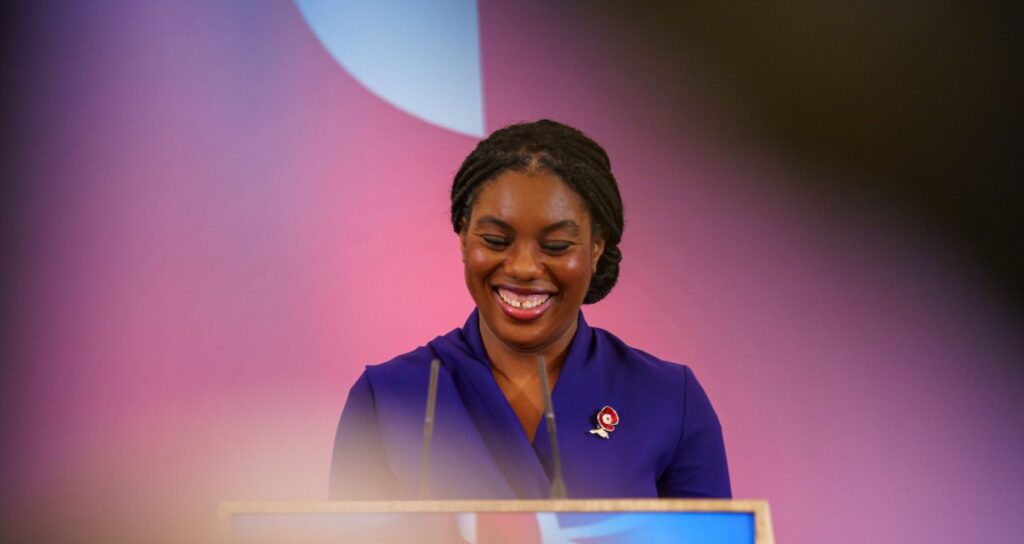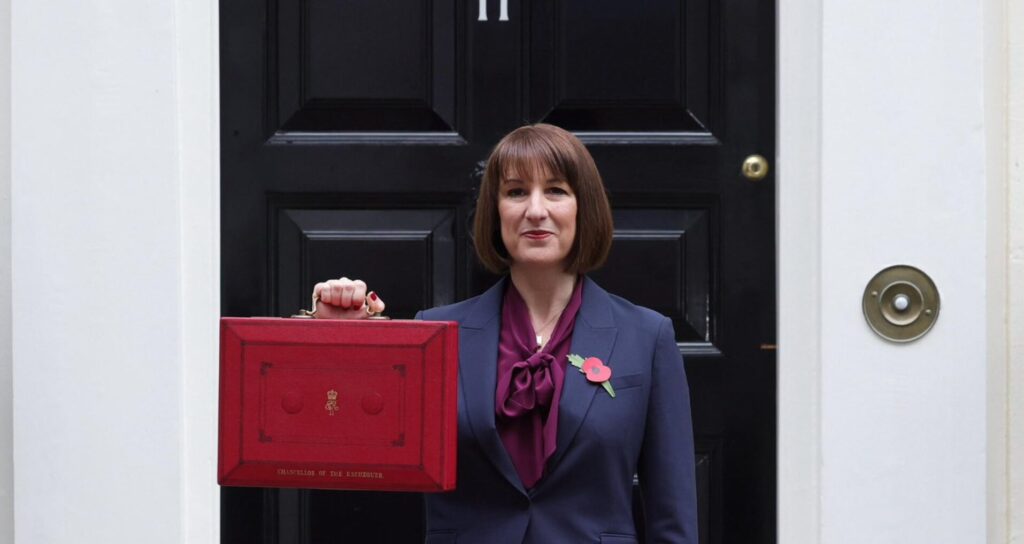I have a framed copy of the Scotsman front page from April 6 1997 on the wall in my study. The headline reads: “Real power will stay with MPs in England, Blair tells Scotland.”
The UK Supreme Court today took less than 15 minutes to deliver its verdict on whether the Scottish Parliament has the right to hold an independence referendum – but the answer was the same as the then would-be Prime Minister Tony Blair gave to a similar question 25 long years ago. No.
The largely expected verdict upholds the sovereignty of the Westminster parliament on the issue and related aspects around reserved matters in the devolution settlement.
The Scottish Government had argued that Scots have continually voted for parties that want a new vote therefore democracy was being denied but that cut no ice with the judges.
Democracy was actually cited as one of the reasons for rejecting their appeal. In relation to the SNP’s challenge citing a ruling in a Canadian court on whether Quebec could hold a similar referendum, Lord Reed said that court had ruled the right would only apply if Quebec was either a colony or unable to exercise its democratic rights and neither was true.
First Minister Nicola Sturgeon would argue the latter applies to Scotland, while a few in her party’s extreme wing might argue the former does as well.
Without IndyRef2, what’s next for the SNP?
While seemingly settling one important argument, the verdict only poses more questions and if some might be tempted to think this means we are in for a quieter time on this issue, they will be badly mistaken.
Former senior Labour policy adviser John McTernan (whose dislike of nationalism is on a par with his distaste for Trots in the Labour party) predicted the verdict would lead to more “Grievo-Max”, a pun on the Devo Max solution that some propose as a way out of the current situation.
But maybe, this time, there is some justification to the SNP’s grievance.
If after 15 years of emphatically winning elections based on a central plank that says Scotland should have the right to determine its sovereignty, surely they have a right to know what mechanism could be used for challenging the voluntary nature of the Union agreement?
No one seems to have an answer to that.
The option most likely to be pursued by the SNP is using the next General Election as a de facto referendum.
Single issue elections don’t always go down well with the electorate and getting more than 50% support in one is even trickier so that’s a big gamble. And in any case with a cost of living crisis, lengthening health waiting lists, strikes, a recession and the spill out from a war in mainland Europe to contend with, will voters make it a priority?
It does however have the attraction of being an election to a parliament that means little to the SNP, their focus instead being on the Scottish elections.
Maybe the trick is not to make it a de facto referendum on that Union – but the other one we used to have with Europe.
Is there a chance to rejoin the EU?
Labour last week ruled out the UK re-joining the European Union just as a poll came out saying a large majority in the country now wished Brexit had never happened.
What if the SNP made the next General Election about that and argued as well as achieving independence, re-joining the EU would help tackle many of the issues such as the severe squeeze on the cost of living.
Of course, entry to the EU isn’t guaranteed but at least there would be a chance.
Would that encourage a higher vote for a new poll on separation? Might that also negatively impact Labour’s Scottish vote and therefore lessen their chances of winning power in the UK?
Where does the court’s decision leave the FM’s standing in her own party as the quest to get another vote – and the independence she, her party and a large number of Scots crave – becomes even harder?
Today’s verdict was not a real surprise so they’ll have had their answers ready. In the short term, a special SNP conference in January will consider their next steps and we can expect the SNP’s paper on what independence would mean for Scotland’s place in Europe early in the New Year.
But with a General Election possibly more than two years away, can they build any momentum and keep it going for that long?
The NeverEnding Story…
It’s such a different picture from July when the Supreme Court challenge was launched.
Then the UK government looked like collapsing at any minute with an election almost certain before the end of 2022. For all the current PM is still on shaky ground, an election is now a long way off.
It seems unlikely the First Minister’s old boss – now nemesis – Alex Salmond could meaningfully return to the scene but as he called for “protest and action”, the more urgent approach to separation that his Alba party stands might also appeal to some mainstream nationalists. If the FM cannot sustain support or enthusiasm for her longer term approach, that appeal may grow causing difficulty for the SNP leader.
And for the UK government, Prime Minister Rishi Sunak welcomed the certainty of today’s judgment and dealt calmly with a barrage of SNP criticism suggesting the bullish approach of his predecessors is a thing of the past.
Sunak seems more willing to listen to the advice of the likes of Michael Gove, who while being implacably opposed to separation has always favoured an approach that seeks to bring the governments of the UK together in the belief that can help avoid the end of the Union.
If this feels like a never ending story then it’s because there are two very strong, opposite and sort of equal forces at work here keeping the Union in balance. The SNP has large support and control of the Scottish Parliament; the Tories now have the backing of the law and control of the UK Parliament. But if those forces become unbalanced, as any first year Physics student would tell you, something has to give.



